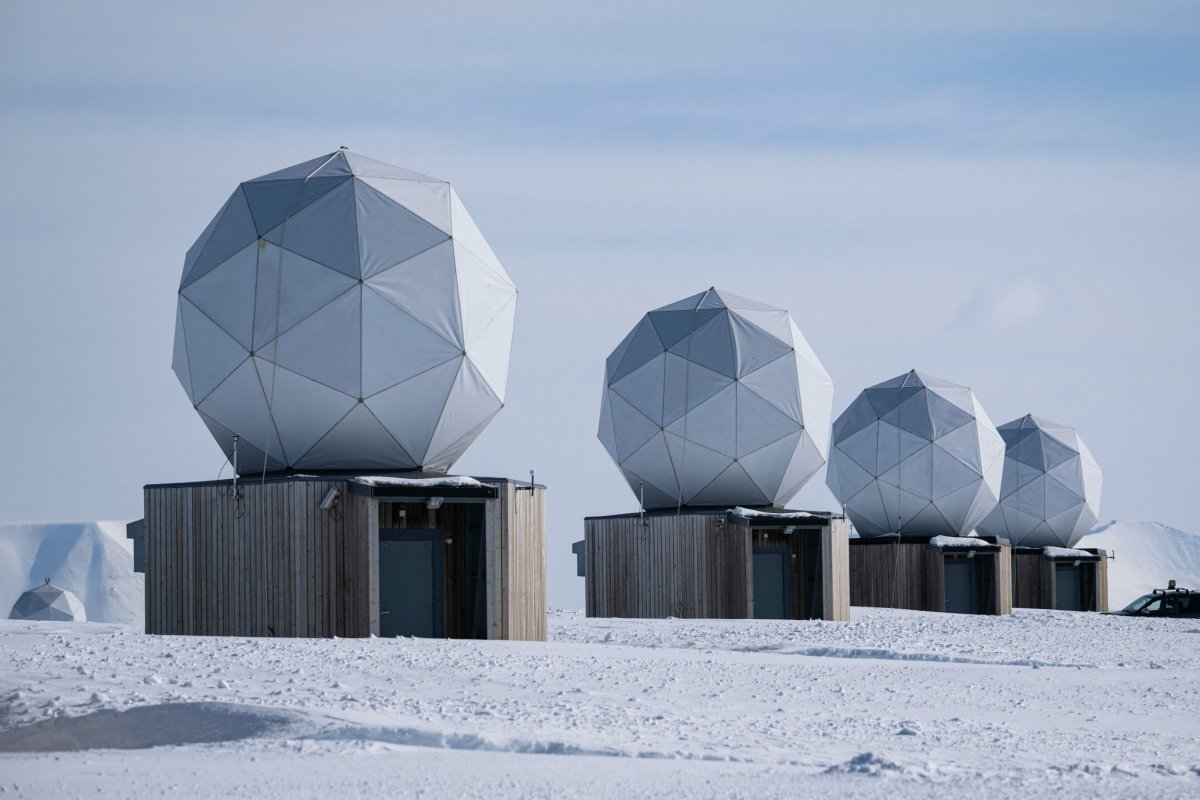A bipartisan congressional committee recently sent a letter to Secretary of State Antony Blinken and Secretary of Defense Lloyd Austin, expressing concerns about China’s expanding influence in the Arctic. The committee, led by Reps. John Moolenaar (R-MI) and Raja Krishnamoorthi (D-IL), warned that China’s dual-use research—both military and civilian—could pose risks to U.S. security interests in this strategically vital region.
The letter emphasized that the Arctic is crucial for U.S. national security and that collaboration with NATO allies, including Norway and Iceland, is essential. Notably, Iceland does not maintain an army, relying on U.S. support for its defense.
Heightened geopolitical tensions have made this an urgent matter, as China aims to outpace the U.S. and its allies in various sectors by 2049, the centennial of the 1949 Communist revolution.
The Chinese government claims its Arctic research is peaceful and aims at sustainable development, but the congressional committee called for an assessment of the threats posed by Chinese activities in Svalbard and Iceland, particularly relating to missile defense, submarine detection, and satellite tracking capabilities.
As noted in the letter, China’s interest in the Arctic isn’t new; in 2018, it declared itself a “near-Arctic state,” with Svalbard located just 900 miles from its borders.

STR/AFP via Getty Images
The committee raised alarms about work being done by the China Research Institute of Radiowave Propagation (CRIRP) in the Arctic, particularly in connection with advanced radar systems like EISCAT. This institute is part of one of China’s leading defense firms, China Electronics Technology Group Corporation (CETC), which has been reported to use civilian technology for military applications.

JONATHAN NACKSTRAND/AFP via Getty Images
Another concern highlighted was the joint China-Iceland Arctic observatory in northeastern Iceland, purportedly conducting dual-use research on NATO territory. Opened in 2018, this observatory had been gathering data since 2013 and remains focused on studies like the northern lights and space weather.
Despite some local concerns, no national security review of this research has taken place, as Iceland lacks legal frameworks for such evaluations. The committee urged the U.S. to push for a review and halt Chinese research that could have military implications on Icelandic soil.
The White House’s 2022 National Strategy for the Arctic Region and the Pentagon’s updated 2024 Arctic Strategy have both identified issues regarding China’s activities in the area. Experts like LJ Eads from Data Abyss highlighted the necessity to monitor the dual-use nature of Chinese research—often masked as civilian initiatives—to prevent potential security threats.
In response, the Chinese Embassy in Oslo dismissed these concerns as exaggerated and unwarranted.
